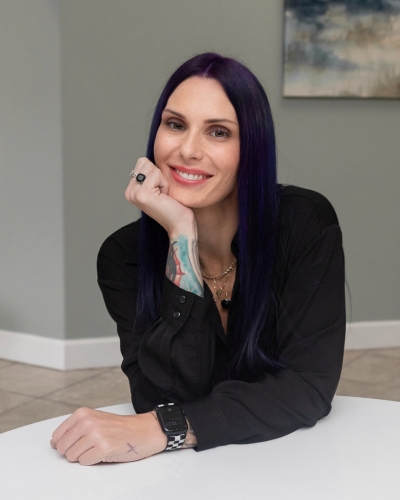Trauma-Focused Cognitive Behavioral Therapy (TF-CBT)

Initially, trauma-focused cognitive behavioral therapy (TF-CBT) was created to better serve children who were victims of sexual abuse. Since the 1990s, this approach has broadened its scope to assist both children and adolescents in addressing their mental health requirements, especially when grappling with the detrimental consequences of early trauma. This method has been proven effective for treating the aftermath of trauma, and therapists in TF-CBT are trained to aid children in addressing and resolving its negative impact.
How Does Trauma-Focused Cognitive Behavioral Therapy Work?
Generally, TF-CBT is considered a short-term, evidence-based intervention lasting anywhere between eight and 25 sessions and is similar to family-style therapy. This form of therapy invites a non-offending parent or caregiver to join the sessions to understand emotional regulation better while learning healthy coping mechanisms. The family dynamic of this approach is crucial in building a strong support system at home to facilitate the healing process.
There are three stages of TF-CBT. Stabilization, trauma narration and processing, and integration and consolidation.
Traumatic events can lead to emotional and psychological damage. TF-CBT aims to improve symptoms of post-traumatic stress, particularly in youth, through psychoeducation. It also emphasizes equipping the caregiver with tools and resources to be more confident in assisting the child through intense emotions, building social skills, and reframing negative thoughts.
As a skills-based model, this treatment style necessitates the practice of its components by both child and parent for optimal effectiveness. This method develops skills between the child and caregiver to combat emotions in a healthy manner while learning communication techniques. The core components of TF-CBT can be summarized by the acronym PRACTICE. This technique is used to keep children and the caregiver aligned in the mission of TF-CBT.

 Michaela Welk, LMHC
Michaela Welk, LMHC Bunny Berman
Bunny Berman Tank
Tank Richard E. LoSardo, MD
Richard E. LoSardo, MD Christopher Payne
Christopher Payne Bernard Benjamin
Bernard Benjamin Tiffany Bellino
Tiffany Bellino